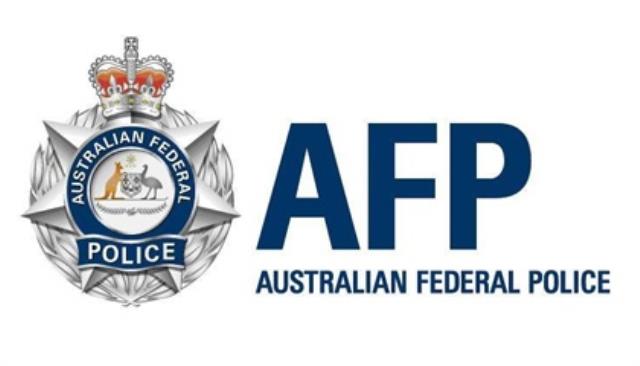Australia makes undisclosed ‘political commitments’ in new AUKUS deal on transfer of naval nuclear technology

- by Admin
- August 8, 2024
In short:
AUKUS partners have struck a revamped agreement to allow the transfer of US and UK naval nuclear material to Australia.
Critics of the trilateral submarine project warn the new document could eventually see high-level radioactive waste stored locally.
What’s next?
The agreement between the US, UK and Australia will need to be ratified by each AUKUS partner before coming into effect.
Undisclosed “political commitments” have been made between the Albanese government and its AUKUS partners in a new agreement for the transfer of naval nuclear technology to Australia, which critics warn is likely to also allow radioactive waste to be dumped here.
The White House confirmed Australia, the United Kingdom and the United States had reached another significant “AUKUS milestone” that set up further trilateral cooperation that would be essential for this country to build, operate and maintain nuclear-powered submarines.
Under the AUKUS “optimal pathway” unveiled in San Diego last year, Australia will spend up to $368 billion over the next three decades to first purchase second-hand Virginia-class submarines and then develop a new SSN-AUKUS fleet using British technology.
In a letter to the Australian House of Representatives speaker and the president of the Senate, US President Joe Biden urged Congress to give the revamped AUKUS agreement “favourable consideration”.
Australia making ‘substantial’ contribution to mutual defence: Biden
Mr Biden’s letter explains that the new agreement would permit the continued communication and exchange of Naval Nuclear Propulsion Information (NNPI), including certain Restricted Data (RD), only previously shared between the US and UK.
“[It] would also expand on the cooperation between the governments by enabling the transfer of naval nuclear propulsion plants of conventionally armed, nuclear-powered submarines, including component parts and spare parts thereof, and other related equipment,” the letter reads.
“I have determined that Australia and the United Kingdom, by participating with the United States pursuant to international arrangements, are making substantial and material contributions to our mutual defence and security.
“Australia is party to the Australia, New Zealand, and United States Security Treaty (ANZUS), and the United Kingdom is party to the North Atlantic Treaty and participates in the North Atlantic Treaty Organization (NATO).
“The trilateral partners also concluded a non-legally binding ‘understanding’ … which reflects the government’s intended approach to certain articles of the Agreement and provides additional related political commitments.”
Defence Minister Richard Marles described the agreement as “a key foundational document” for the transfer of second-hand Virginia-class submarines as well as the British nuclear reactors that will go into the future AUKUS fleet to be built in Adelaide.
“This document is the legal underpinning of our commitment to our international obligations so it’s a very significant step down the AUKUS path and again it’s another demonstration that we are making this happen,” Mr Marles said while visiting Washington for annual AUSMIN talks.
Loading…
Concerns over radioactive waste ‘loophole’
AUKUS critics, including the Greens party, warn that the new agreement is likely to eventually allow high-level radioactive waste to be stored in Australia and for uranium enrichment to be undertaken locally, but the government insists that is not the case.
“A political assurance is there — a legal assurance, a legislative assurance, an institutional assurance is not. That gate needs to be closed, that loophole needs to be closed,” warns Dave Sweeney, a nuclear free campaigner from the Australian Conservation Foundation.
“And that’s one of many concerns and many options for interpretation of how AUKUS is operationalised that can add greater pressure, nuclear threat in our ports, in our harbours and waters and on land around the management of radioactive waste.”
Posted , updated
The Latest News
-
December 23, 2024Guide Helps Australian Workers Expose Tech Wrongdoings
-
December 23, 2024PPHG achieves GSTC multi-site certification for all its Australian properties – Travel And Tour World
-
December 23, 2024Championship three-peat reward for ‘clinical’ Aussies | cricket.com.au
-
December 23, 2024Australian tennis star Purcell takes on voluntary provisional suspension for breaking anti-doping rules
-
December 23, 2024‘Back myself and be fearless’: Konstas lives by mantra in first hit | cricket.com.au





